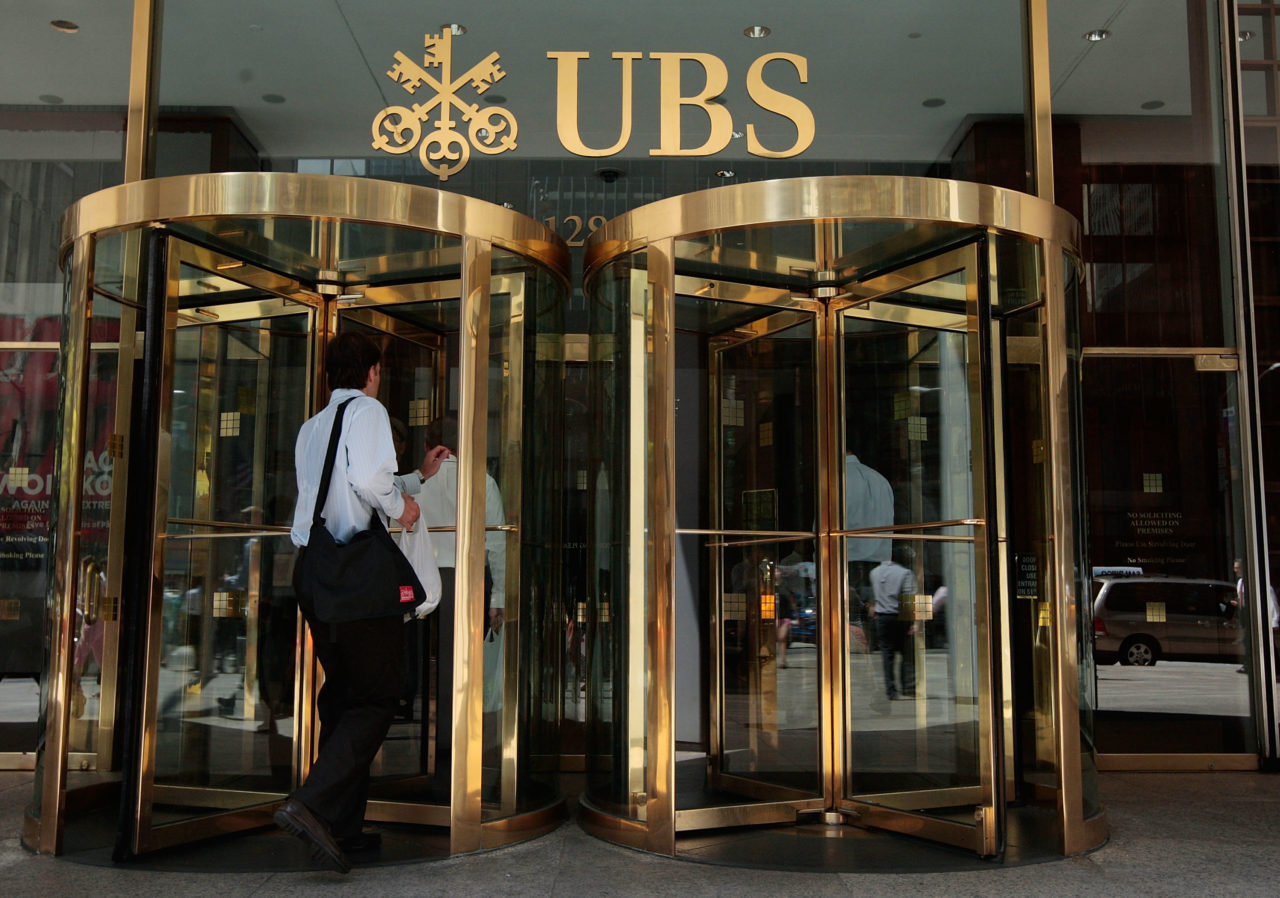
It would be premature to draw any conclusions from the large gap that has opened up between UBS and Credit Suisse. Doing so has often proved wrong in the past.
Credit Suisse will publish second-quarter results this Thursday. It won’t be easy for the bank to exceed UBS’s strong showing, particularly given it still faces enormous problems from the Greensill Capital and Archegos Capital Management losses. Even so, it will be interesting to see how Credit Suisse chief executive Thomas Gottstein takes advantage of the very positive current environment in finance.
About thirty years ago it wasn’t unusual for both the major banks to coordinate the release of their results. It was a type of good old-fashioned Swiss consensus. One really did want to avoid large discrepancies if possible. The profits of the major banks mirrored each other. And as part of all that, each would advise their (domestic) competitors how much-hidden reserves were being used.
At the start of the 1990s, increased competition came into play. The Swiss banking cartel was dissolved as banking was liberalized globally and competition law would ban any agreement like that now. In any case, it would be a gargantuan task to balance out the performance between the two this quarter given the disparity between them is so large.
On one side you have Credit Suisse which keeps getting buffeted by turbulence since former chief executive Tidjane Thiam left. On the other, you have a UBS performing better than it has in years, as the numbers last week clearly show. In short, it would be extremely hard to compare them side by side now.
But it would be premature to draw conclusions from the conditions at each bank. And any desire to see it last for a prolonged length of time also misses the point.
Often, such conclusions have turned out to be wrong. UBS and Credit Suisse have closely intertwined destinies and they seem to change positions almost with the regularity of a Swiss watch. One is on top for a while only to then be replaced by the other for another while. History shows that pattern repeating itself over and over.
Exactly because both banks are so important for Swiss finance, and because their ability to innovate is still pre-dominant, there is little use painting a dire picture of their future or expressing any kind of schadenfreude when one of them is in trouble. The recent events at Credit Suisse have just – again – shown what a lack of responsibility at all levels of a bank can do together with any reasoned, long-term understanding of the banking profession.
At the end of the day, UBS and Credit Suisse have a long-term responsibility to follow the fundamental rules and laws of the banking business for the Swiss economy and the country’s prosperity in a way that allows them to exercise their strengths, particularly in an international context.